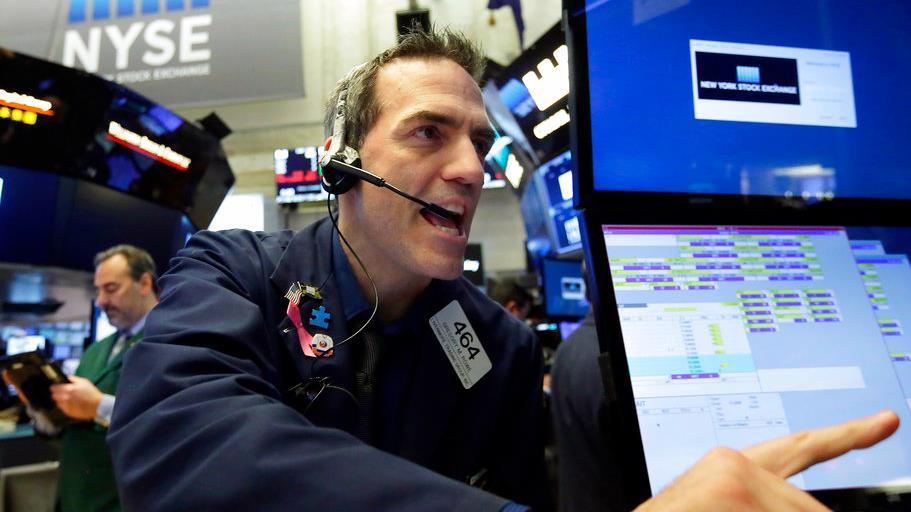Banks pay $4M for lobbying as tax reform debated
President Trump’s campaign promise of draining the swamp seems to have gone unnoticed as some of the top Wall Street banks make their mark on a number of legislative items including the recently passed tax reform bill, FOX Business has learned.
The nation’s largest banks -- Goldman Sachs, Bank of America, Citigroup, JPMorgan, Morgan Stanley and Wells Fargo – paid more than $4 million combined in 2017 to lobby Congress, according to disclosure reports from the Center for Responsive Politics, a nonpartisan research center.
Out of the six major banks, Goldman, Bank of America and Citigroup put up the most cash, combining to pay more than $2 million in lobbying expenses. When it came to having an impact on the Tax Cuts and Jobs Act, the bill that was eventually passed by Congress in December and touted by Trump as the “biggest tax cut in U.S. history,” the three banks turned to some of the most powerful lobbying groups in the country.
Of the three firms that Goldman paid to help them work on the tax reform bill and other special interests, Harbinger Strategies received the most, with a payday of $90,000, according to the disclosure reports. Harbinger’s team is filled with former congressional aides from both chambers of congress. A spokesman for Goldman declined to comment.
Manny Rossman, one of four founding partners at Harbinger, served as chief of staff for two successive Senate Republican whips – Trent Lott of Mississippi and Jon Kyl of Arizona – according to the firm’s website. Kyle Nevins, another founding partner, served as deputy chief of staff to Eric Cantor when he was House majority leader.
Neither Rossman nor Nevins responded to requests for comment.
Citigroup turned to Bob Schellhas, a former head of government affairs at the firm, for help on the tax reform bill. Schellhas is now an executive at Ernst & Young’s lobbying arm, which Citigroup paid $80,000. Citigroup was also represented by Harbinger Strategies as well as Capitol Tax Partners, which advises clients on tax-writing and rule-making processes. Representatives at Citigroup and Ernst & Young declined to comment.
Bank of America used Cleary Gottlieb Steen & Hamilton, an international law firm with offices in New York, Washington, London and Paris, paying the firm $40,000, according to the newly released documents. Representing the bank was James Duncan, a partner at the law firm who specializes in the U.S. and international tax aspects of acquisitions.
A spokesman for Bank of America declined to comment. Duncan did not return requests for comment.
The lobbying disclosure forms do not make clear what changes were made to the tax reform bill in response to the banks’ efforts or the specific objectives for some of the financial firms.
Congress passed the bill in December after a long, drawn-out fight in 2017 between Democrats and Republicans. Highlights of the final product include cutting the corporate tax rate to 21% from 35%, lowering almost all of the individual rates and doubling the standard deduction.
For the banks, the reduction of the corporate rate is likely to be a major boost to future earnings and profits even though the fourth quarter for many of the financial institutions was filled with mixed results.
Goldman reported earnings of $5.68 per share against Wall Street’s estimates of $4.91 but was hit with a $5 billion charge because of the tax legislation. Citigroup beat analysts’ expectations of $1.19 a share, with earnings of $1.28 a share, while reporting a one-time, noncash charge of $22 billion.
Analysts, however, aren’t concerned and expect banks to bounce back throughout 2018.




















